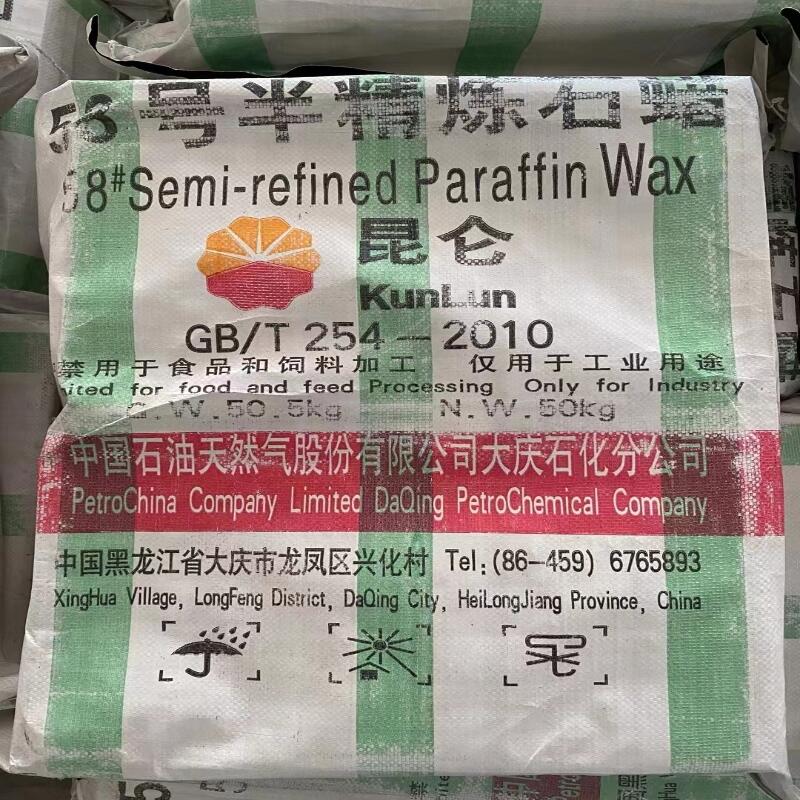-
Categories
-
Pharmaceutical Intermediates
-
Active Pharmaceutical Ingredients
-
Food Additives
- Industrial Coatings
- Agrochemicals
- Dyes and Pigments
- Surfactant
- Flavors and Fragrances
- Chemical Reagents
- Catalyst and Auxiliary
- Natural Products
- Inorganic Chemistry
-
Organic Chemistry
-
Biochemical Engineering
- Analytical Chemistry
-
Cosmetic Ingredient
- Water Treatment Chemical
-
Pharmaceutical Intermediates
Promotion
ECHEMI Mall
Wholesale
Weekly Price
Exhibition
News
-
Trade Service
Bis(p-methylbenzylidene)sorbitol, also known as methylated rosin, is a type of rosin modified by the addition of a p-methylbenzylidene group to its molecular structure.
This modification imparts improved solubility, flow properties, and adhesion to the final product, making it an ideal additive for use in various applications in the chemical industry.
In this article, we will discuss the use of bis(p-methylbenzylidene)sorbitol in the chemical industry and its benefits over traditional rosin esters.
One of the primary applications of bis(p-methylbenzylidene)sorbitol is as a plasticizer for polyvinyl chloride (PVC) resins.
PVC is a widely used plastic in a variety of applications, including pipes, vinyl siding, and window frames.
However, PVC can be prone to cracking and other defects when processed at high temperatures.
The addition of bis(p-methylbenzylidene)sorbitol to PVC resin can improve the processability and reduce the risk of defects, resulting in a higher-quality final product.
Another application of bis(p-methylbenzylidene)sorbitol is as a lubricant in the production of films and fibers.
In this application, the additive helps to improve the flow properties of the resin, allowing for a more even distribution of the material in the film or fiber.
This can result in a higher-quality product with improved mechanical properties.
Bis(p-methylbenzylidene)sorbitol is also used as an additive in coatings and adhesives.
In these applications, the additive improves the solubility and flow properties of the resin, resulting in a more even distribution of the coating or adhesive.
This can lead to a higher-quality final product with improved durability and resistance to wear and tear.
In addition to its use as an additive, bis(p-methylbenzylidene)sorbitol is also used in the production of pressure-sensitive adhesives (PSAs).
PSAs are widely used in a variety of applications, including labels, tapes, and packaging materials.
The use of bis(p-methylbenzylidene)sorbitol in PSA production can improve the adhesion of the adhesive to the substrate, resulting in a stronger bond between the adhesive and the material.
One of the key benefits of using bis(p-methylbenzylidene)sorbitol in the chemical industry is that it offers improved performance over traditional rosin esters.
Rosin esters are commonly used as additives in a variety of applications, including as plasticizers, lubricants, and adhesion promoters.
However, they can be prone to a number of drawbacks, including poor solubility, low flow properties, and limited adhesion to substrates.
In contrast, bis(p-methylbenzylidene)sorbitol offers improved solubility, flow properties, and adhesion, making it a more effective and efficient additive in a variety of applications.
In conclusion, bis(p-methylbenzylidene)sorbitol is a valuable additive in the chemical industry, offering improved performance and benefits over traditional rosin esters.
Its use as a plasticizer, lubricant, and additive in coatings and adhesives has resulted in a higher-quality final product with improved mechanical properties and adhesion.
As demand for high-quality, durable materials continues to grow, the use of bis(p-methylbenzylidene)sorbitol is likely to become increasingly widespread in the industry.







